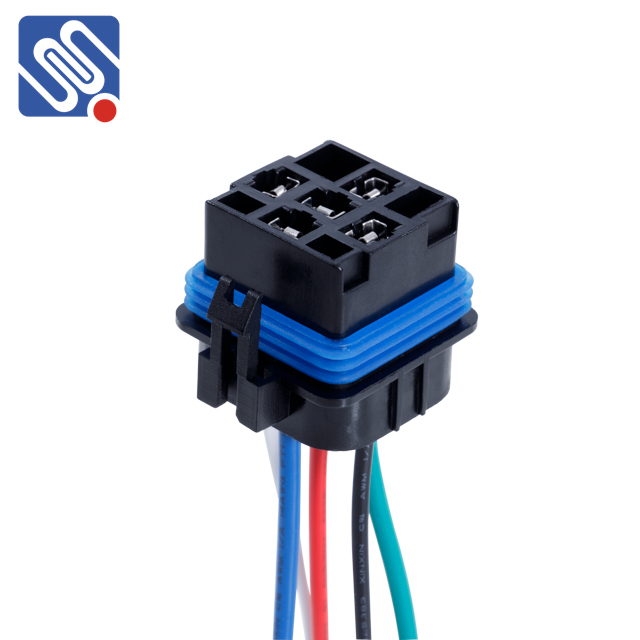Relay connectors play a pivotal role in modern electrical systems, serving as the vital link between relays and other electronic components. These connectors are crucial for ensuring that signals and power are transmitted efficiently and reliably across various devices, from simple control systems to complex industrial machinery. In this article, we will explore what relay connectors are, their types, applications, and why they are indispensable in a wide range of industries.

What Are Relay Connectors? Relay connectors are electrical interfaces designed to facilitate the connection between a relay and the circuits it controls. A relay is an electromagnetic switch that allows a low-voltage signal to control the switching of higher-voltage circuits, making it a valuable component in electrical systems. Relay connectors serve as the physical link that connects the relay’s terminals to the other components, such as power supplies, sensors, or control devices. These connectors are designed to carry electrical signals and power with minimal resistance while ensuring safe and stable operation. Proper relay connectors not only ensure seamless electrical transmission but also prevent issues like signal degradation, short circuits, or unintentional disconnections. As a result, selecting the right relay connector is essential for the reliable performance of the entire system.